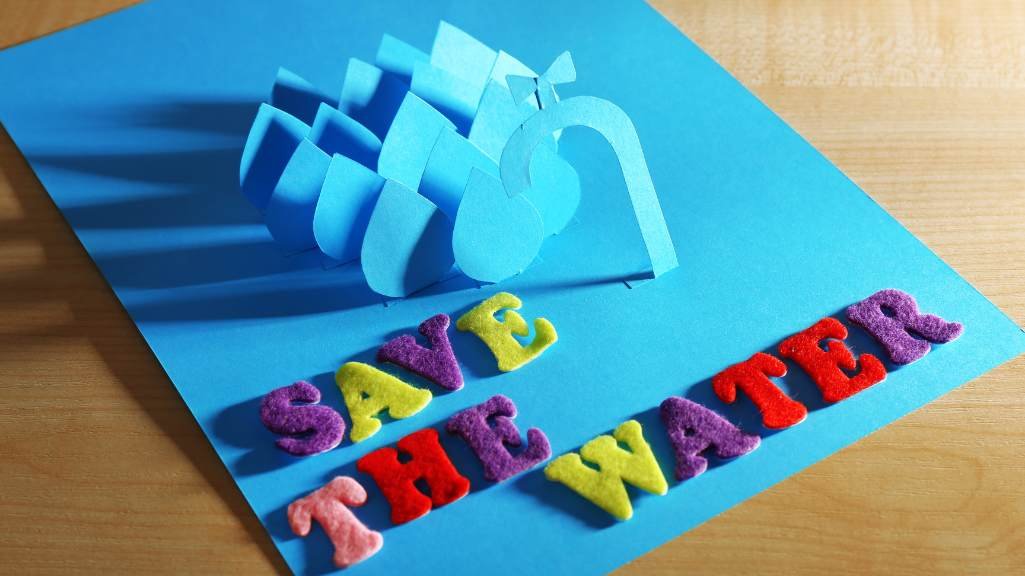The Importance of Conserving Water: Every Drop Counts
Vikash Jain
. 2 min read
Water is one of our planet's most precious resources, essential for all forms of life. However, the availability of fresh water is becoming increasingly scarce due to various factors such as population growth, climate change, and inefficient water management. Additionally, "WaterMinder" is a popular app that allows users to set water intake goals and reminds them to drink enough water throughout the day, promoting responsible water consumption. By incorporating these apps into our routine, we can further enhance our efforts to conserve water and contribute to a sustainable future.

The Importance of Saving Water and Implementing Practical Strategies
- Raise Awareness: Creating awareness about the importance of water conservation is the first step towards bringing about a positive change. Educate yourself and others about the significance of saving water and the potential consequences of its scarcity. Share information through social media, organize awareness campaigns, and engage in discussions with your community to foster a collective responsibility towards water conservation.
- Fix Leaks and Dripping Faucets: A small drip may seem insignificant, but over time, it can lead to significant water wastage. Regularly check and repair leaks in your plumbing system, faucets, and toilets. A leaking faucet or toilet can waste hundreds of gallons of water each month, which can be easily avoided with timely repairs.
- Optimize Water Usage: Be mindful of your water consumption in daily activities. Simple changes like turning off the faucet while brushing your teeth or lathering your hands, taking shorter showers, and using a broom instead of a hose to clean outdoor spaces can make a significant difference in conserving water. Consider installing low-flow showerheads and faucets, as well as dual-flush toilets, which can reduce water usage without compromising functionality.
- Water-Efficient Landscaping: A substantial amount of water is consumed for irrigation purposes, especially in maintaining lawns and gardens. Opt for native plants that require less water and are better adapted to local conditions. Group plants with similar watering needs together to avoid overwatering. Use mulch to retain moisture in the soil and prevent evaporation. Collect rainwater in barrels and use it for watering plants, reducing the reliance on freshwater sources.
- Efficient Appliance Usage: Upgrade to water-efficient appliances such as washing machines and dishwashers that have high Energy Star ratings. These appliances use less water and energy without compromising performance. Additionally, wait until you have a full load before running these appliances to maximize their efficiency.
- Recycle and Reuse Water: Explore opportunities to recycle and reuse water in your household. For example, collect rainwater for non-potable uses like gardening or cleaning. Graywater, which is water from showers, bathtubs, and washing machines, can be treated and reused for flushing toilets or watering plants. Implementing these practices can significantly reduce the strain on freshwater sources.
Conclusion
Water conservation is an urgent global concern, and it requires collective efforts to preserve this precious resource for future generations. By raising awareness, fixing leaks, optimizing water usage, practicing water-efficient landscaping, using efficient appliances, and exploring water recycling methods, we can make a substantial impact on water conservation. Remember, every drop counts, and together we can build a sustainable future where water is cherished and preserved for all.

